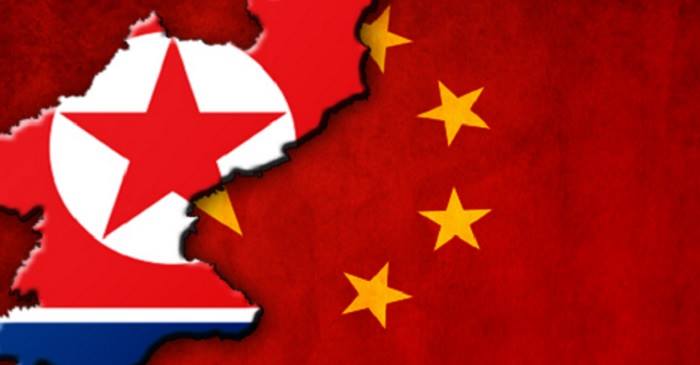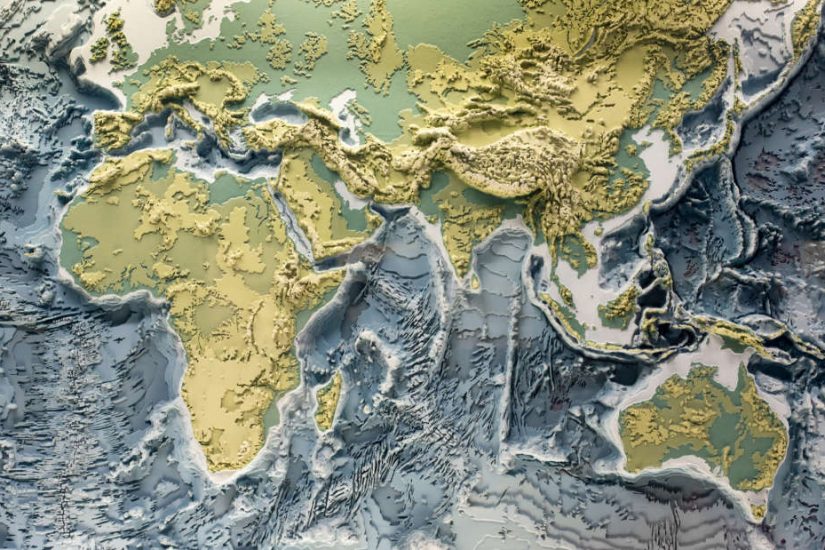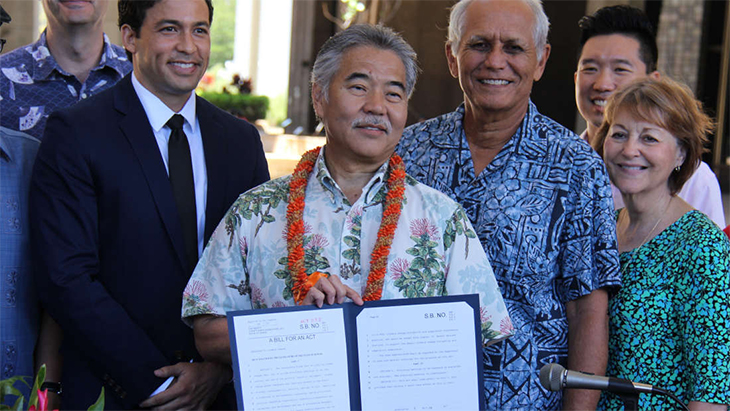By: James Holbrooks/ANTIMEDIA — Allegiances are solidifying in the Asia-Pacific.
On Friday, China, which has remained relatively quiet as tensions have spiked between the United States and North Korea over the past week, recognized that “it needs to make clear its stance to all sides” and did so in an editorial in its state-run Global Times:
“China should also make clear that if North Korea launches missiles that threaten U.S. soil first and the U.S. retaliates, China will stay neutral,” it reads. But on the flip side:
“If the U.S. and South Korea carry out strikes and try to overthrow the North Korean regime and change the political pattern of the Korean Peninsula, China will prevent them from doing so.”
There can be no misinterpretation. If North Korea attacks the U.S., the country is on its own. But if the U.S. tries to take out Kim Jong-un, China will defend its ally with what the editorial calls a “firm hand.”
So amid the blustering by both Donald Trump and the Kim regime, China has drawn its line. And meanwhile, other nations in the Asia-Pacific are taking the opportunity to show their support for the United States.
For South Korea, which, along with Japan, has been the primary backer of the United States in the region, a response to North Korea’s threat to launch missiles at Guam meant invoking its friend from the West:
“If North Korea commits provocations despite our stern warning, it will face a strong response from South Korea’s military and the U.S.-South Korea alliance,” a spokesman for South Korea’s joint chiefs of staff said Thursday.
Australia, which recently hinted it fully backed the U.S. in the region, officially endorsed the Western superpower following the threat against Guam. From The Guardian:
“Malcolm Turnbull has made it plain that Australia will be involved in any conflict in the event North Korea attacks the United States.
“The prime minister told 3AW on Friday morning ‘if there is an attack on the US, the Anzus treaty would be invoked’ and Australia would come to the aid of the United States.
“He said the form of Australia’s engagement would be determined in consultation with allies. ‘In terms of defense, we are joined at the hip,’ Turnbull said.”
The aforementioned hint came days before, on Monday, when Australia, in a joint statement issued by the United States and Japan, called on China to halt its militarization of artificial islands it created in the South China Sea and abide by the U.N. ruling that invalidated its claim to those waters.
The title of Forbes’ article on that news, “Australia, Japan and the U.S.: The South China Sea Isn’t China’s Own Sea,” summed up the message rather succinctly.
On that front, Vietnam has emerged as the most vocal opponent to China’s claims to the South China Sea. The animosity there was showcased Monday when ministers from the two countries canceled a scheduled meeting on the sidelines of an Association of Southeast Asian Nations (ASEAN) summit.
Meanwhile, Vietnam has been quietly strengthening its military ties to the United States.
Last year, in what Asia-Pacific specialist The Diplomat called a “historic move,” Barack Obama fully lifted a Cold War-era embargo that blocked the sale of arms to Vietnam. The defense relationship has been gradually developing since. Now, it seems, the South China Sea is being used as an excuse for the militaries to further cooperate.
From Reuters on Tuesday:
“Vietnam has won the promise of a visit from a U.S. aircraft carrier and deeper defense cooperation from the United States as strains show with China over the disputed South China Sea.
“Within Southeast Asia, Vietnam has become an increasingly lonely voice in challenging Chinese claims to the vast majority of the waterway and was forced to suspend some offshore oil drilling last month after pressure from Beijing.
“U.S. Defense Secretary Jim Mattis told Vietnamese counterpart Ngo Xuan Lich in Washington on Tuesday that a strong defense relationship was based on common interests that included freedom of navigation in the South China Sea.”
We know whose back Vietnam will have should war break out over North Korea. And with China now having set the terms of its potential engagement in the conflict, all that’s left to do is wait and see how the U.S. responds as North Korea’s supposed mid-August missile launch on Guam looms.




